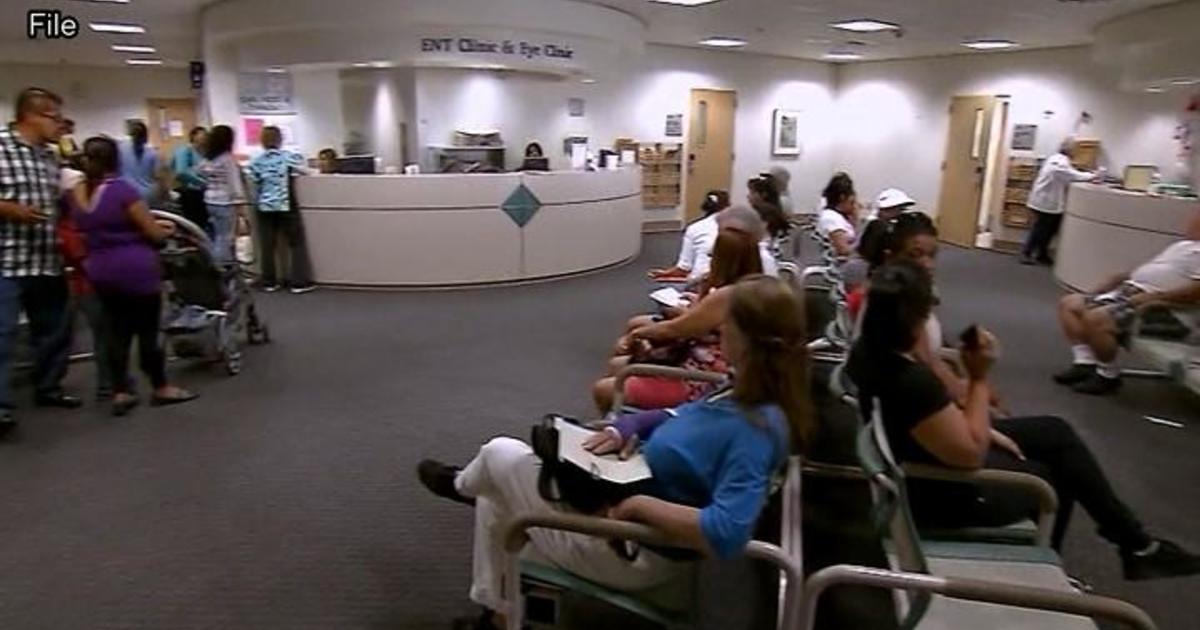Measure Would Take Maryland Governor Out Of Parole Process
ANNAPOLIS, Md. (AP) -- A state commission, not Maryland's governor, should decide whether to release parole-eligible inmates who are serving life sentences, critics of the current law said Thursday.
A measure before state lawmakers would take the governor out of the parole process for a parole-eligible prisoner who is serving a life sentence. Critics say the current law injects too much politics into the process.
Maryland has about 2,000 people serving life sentences who are parole eligible, said Sonia Kumar, of the American Civil Liberties Union of Maryland. She said the state pays a heavy cost in denying many of them parole after the state's parole board recommends releasing them from prison.
"It costs millions of dollars total in aggregate to incarcerate people that have been determined to be ready to come home," Kumar said.
Stanley Mitchell of Waldorf spent nearly 35 years in prison for murder before being released after a 2012 Court of Appeals ruling that found juries were wrongly instructed on how to assess guilt in the 1970s. Mitchell, who said he was recommended for parole several times during his incarceration, said the current process is flawed, because governors worry about the political implications of releasing someone who goes on to commit a crime.
He cited the case of former Massachusetts Gov. Michael Dukakis, whose 1988 presidential campaign was damaged by the "Willie Horton" TV commercial. Horton, a convicted killer serving a life sentence without the possibility of parole, was released from prison under a weekend furlough program backed by Dukakis. Horton then raped a Maryland woman and assaulted her fiancΘ after he failed to return to prison.
"Nobody wants to be the guy that lets somebody go, that went out there and does something crazy and get a whole lot of headlines, and so, as a result, guys that are doing the right thing, they get caught up in that," Mitchell said.
Del. Curt Anderson, who is co-sponsoring the bill, said other states have parole boards decide such questions, and they save money by reducing the prison population.
"They've actually been able to either close branches of prisons or close prisons altogether, which means economic savings," Anderson, D-Baltimore, said.
In 2011, the Legislature approved a measure limiting the time the governor gets to make a decision to grant parole for an inmate sentenced to life in prison. The law, which went into effect without then-Gov. Martin O'Malley's signature, requires the governor to make a decision in 180 days, if the state parole commission has recommended someone be paroled. If the governor fails to act in that time, the person is released. Supporters were critical of the governor's office not acting on parole recommendations for people with life sentences.
(Copyright 2015 by The Associated Press. All Rights Reserved.)



